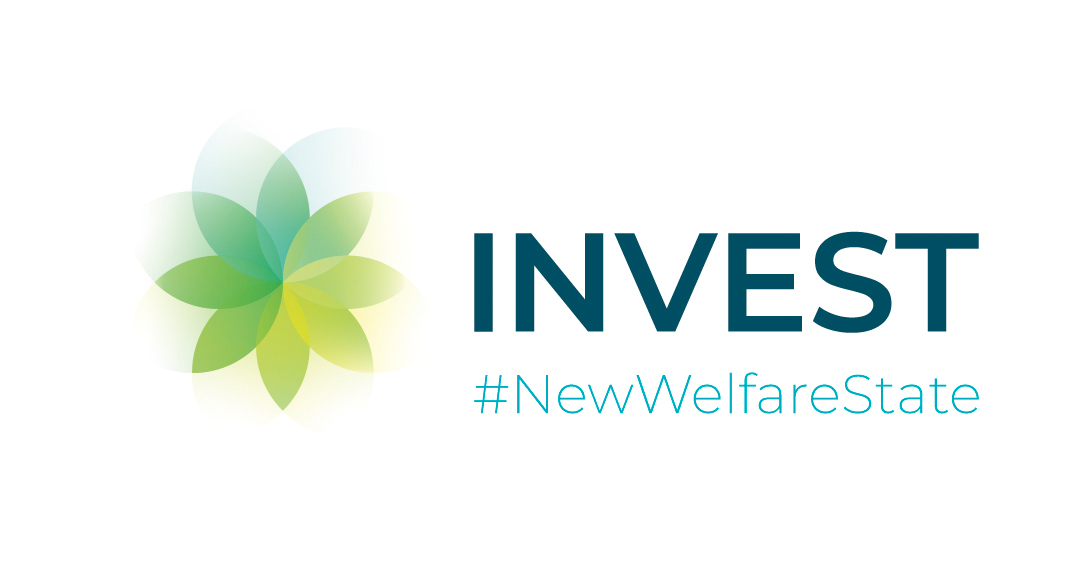Youth-centered Ethnography: Common Challenges and the Role of the Researcher

Aleksi Seger
INVEST Blog 4/2022
During the fall semester, we conducted ethnographic fieldwork for an ongoing project titled ‘Contexts of Youth’s Inclusion’. Our research sought to increase academic knowledge on how youth of linguistically and culturally diverse backgrounds understand ‘belonging’ and the ways through which they can work towards a ‘common good’. More specifically, we wanted to understand how minority ethnic youths’ sense of belonging, agency, and capacities for civic engagement can be shaped by their ethnically pluralistic urban neighbourhoods and existing communities (e.g., religious organizations) within these areas.
In this blog post I will describe some of the challenges we encountered as a research team during our fieldwork. Due to its personal nature, distinctions between ‘researcher’ and ‘participant’ may often become obscured during ethnographic practice. Citing in-field experiences, I will highlight how personal mishaps informed my own ethnographic practice and my ‘role’ as a researcher.
Common Challenges
Though we managed to gain a good range of participants, we also encountered a variety of issues. The convoluted nature trust-building was arguably the most significant takeaway we had as a research team. For people of minority ethnic backgrounds, having mistrust towards an ‘outside’ researcher is understandable. Even when a researcher may belong to same linguistic or cultural groups as the participant, trust cannot be taken for granted and in most cases, it must be earned.
Collaboration with local organizations was therefore identified as a way we could minimize mistrust and better embed ourselves within the research contexts. While several organizations gave the “green light” for cooperation, establishing dates for meetings or participant recruitment sessions was difficult and communications sometimes fell silent. Likewise, several youths expressed initial interest in participation yet following through and establishing a mutually suitable time for interviews often proved challenging. Many insisted that ‘next time’ they would do it, but many of these individuals were not heard from or seen again.
Prior to fieldwork, ‘snowballing’ was identified as the most suitable tool for participant recruitment, but in practice, direct contact with young people seemed to be a better approach. This is not surprising in retrospect, as being asked by a friend to participate in an unknown project may feel intimidating, whereas during face-to-face contacts, participants can voice their questions or concerns directly to the researcher they would be interviewed by.
These points seemed to corroborate our focus on after-school activities and spaces (e.g., youth centers and sports clubs). Many young people congregate at such locations and as these spaces are often overseen by adults with strong ties to the local community, our peculiar presence may be somewhat legitimized.
Role of the Researcher
The personal nature of ethnography carries a host of ethical and practical concerns, and throughout my fieldwork experiences, I often found myself inhabiting a gray area between that of an idle observer and active participant. Wästerfors (2022) fittingly summarized this feeling:
“Ethnography is, in that sense, inevitably a bit silly and uncomfortable, at least at times. We end up in places with no particular role to play, with no routine to follow, no timetable, and we have left our comfort zones behind us: the home or office, our well-used hideouts and well-practiced habits of dealing with emerging troubles.” (p. 13)
Despite my well-rehearsed recitations of a catchy summary of our project and numerous casual attempts at contact, most of the youth we approached in our first weeks at the local youth center appeared standoffish and uninterested in us and our project. Participant recruitment in these initial weeks, was seemingly leading nowhere and I found myself questioning whether I had over-imposed myself and if my attempts at garnering rapport and trust were compromised.
As alluded to in Wästerfors’ quote, there are no universal rules for ethnography and at times I found myself embroiled in embarrassing moments too. During our second visit at the youth center for example, I was asked by one of the youths about my favourite colour. Considering the innocent nature of the question I simply answered “blue”, but this answer would result in “cop” becoming my nickname among the youths. The name stuck and with each of my subsequent visits the youths would greet me using the newly acquired moniker.
At the time I regretted answering the question so haphazardly without any consideration for its potential negative associations. Simultaneously however, the nickname arguably opened new avenues for interactions which may have not been possible otherwise. Indeed, each time I was greeted with “Hey cop!” I would jokingly respond by asking the youth whether they remembered anything ‘real’ about me (e.g., my name or age). During the initial weeks they did not remember, but eventually my nickname had transformed into “cop Aleksi”.
Interestingly during my last two visits, my entrance with a grocery bag full of snacks sparked the youths’ interest with many reciting different facts I had shared over the weeks with hope of receiving snacks in return. The act of sharing personal information is a common recommendation for rapport-building (Ennew & Abebe, 2009), and I wonder whether the youths’ tongue-in-cheek use of the nickname and my lighthearted insistence on them remembering my actual name aided in this process. Perhaps one could construe the youths’ behaviour as humoristic reactions to the absurdity of my presence in the youths’ own space? Many appeared to be consciously aware of the nickname’s humorous nature, with one youth even asking me at the end of our interview about how it felt to be called a “cop” this whole time.
As these experiences unavoidably informed me, in order to ‘do’ ethnography, one should embrace its innate silliness and revel in its absurdity.
Author
Aleksi Seger works as a doctoral student in the INVEST Research Flagship at the University of Turku. His research focuses on social stratification and youths’ school-to-work transitions.
References
Ennew, J., & Abebe, T. (2009). The Right to be Properly Researched: How to do rights-based, scientificresearch with children. Bangkok: Black on White Publications, Knowing Children.
Wästerfors, D. (2022). My face turned red, but it led me … nowhere. Notes on epistemically pointless embarrassment in ethnographic practice. Qualitative Research: QR, 146879412110728–. https://doi.org/10.1177/14687941211072800
